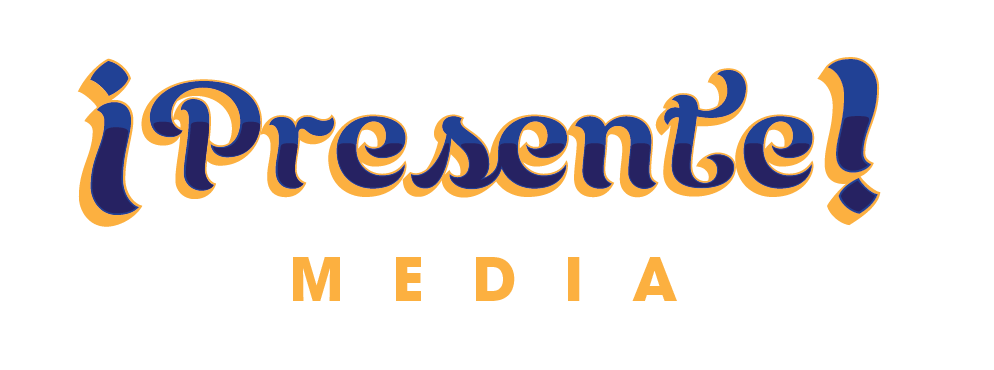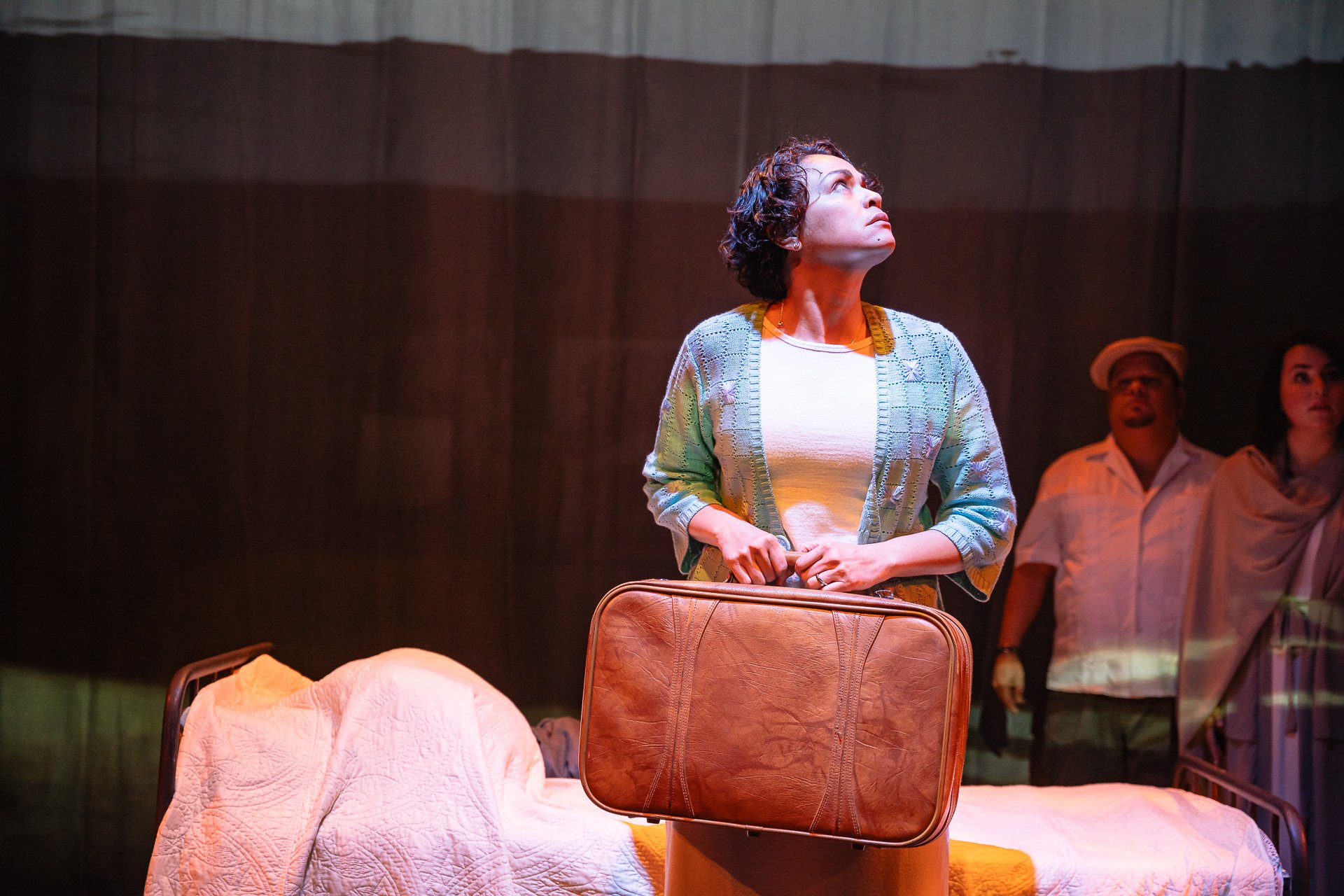The Intersection of Documentary and Journalism: An Overview of Double Exposure
BY MELISSA BEATRIZ ON NOVEMBER 25, 2020
¡Presente! Media Co-Founder Melissa Beatriz.
This year, the Double Exposure Investigative Film Festival and Symposium (DX) was held virtually from Oct. 14 to 18. DX is the first and sole film festival in the United States that focuses its programming on the intersection of film and investigative reporting. The DX lineup included a full slate of over a dozen films as well as over 30 panels and opportunities to network. With a robust program, DX brings a new understanding to how documentary filmmaking can impact areas such as social justice and policy.
¡Presente! Media Co-Founder Melissa Beatriz attended DX and shares her highlights:
MLK/FBI directed by Sam Pollard.
MLK/FBI directed by Sam Pollard
MLK/FBI, directed by Sam Pollard, poignantly digs deeper into the story of Martin Luther King Jr. (MLK) including his politics, his inner circle of confidantes, and how his ideals were anti-racist and anti-imperialist. Through an investigative style, Pollard creatively depicts photocopies of declassified files with insightful audiotapes from the Federal Bureau of Investigation (FBI). The film is a chilling commentary on the history of surveillance by the FBI on leftist social movements, particularly those fighting for racial justice. MLK/FBI is a harrowing reminder of how democracy is at stake today and how investigative films have the power to rewrite history from a more critical lens.
MLK/FBI is distributed by IFC Films and will be released on Jan. 15, 2021 before Martin Luther King Jr. Day.
Copyright and Fair Use: Facts and Myths workshop
Dale Cohen and Dan Mayeda, staff members of the UCLA School of Law Documentary Film Legal Clinic, provided an excellent overview around questions of fair use in film. The Documentary Film Legal Clinic offers pro bono assistance to documentary filmmakers. Cohen began the session expressing that most potential issues for filmmakers can be avoided with good advice and consulting with an attorney. Mayeda emphasized that each situation needs to be treated on a case-by-case basis.
They highlighted the four main fair use factors as covered in the Documentary Filmmakers’ Statement of Best Practices in Fair Use. The four types of situations in which a fair use case could be built include:
1. Employing copyrighted material as the object of social, political, or cultural critique
2. Quoting copyrighted works of popular culture to illustrate an argument or point
3. Capturing copyrighted media content in the process of filming something else
4. Using copyrighted material in a historical sequence
This workshop was particularly useful because it shared invaluable resources about fair use with participants, while also reinforcing that seeking legal counsel while producing a film is a necessary part of the process.
Kelli Dillon testifies in the documentary Belly of the Beast directed by Erika Cohn.
Belly of the Beast directed by Erika Cohn
Belly of the Beast uncovers the inhumane sterilizations of women who have been incarcerated at the Central California Women’s Facility. The film focuses on Kelli Dillon’s story, as she bravely shares her experience in order to reveal the atrocities that have been committed, predominantly on women of color. The film utilizes an observational style with observational portrayals of court hearings. Belly of the Beast also includes interviews with journalists and scholars as well as the individuals who may have played a role in these forced sterilizations. Currently, the Belly of the Beast team is asking for individuals to sign a petition that would grant reparations to survivors of forced sterilization in California.
Belly of the Beast will premiere on PBS on Nov. 23 at 10 p.m. EST
Safety on the Front Lines workshop
This workshop included Harlo Homes (Freedom of the Press Foundation), Elisa Lees Muñoz (International Women’s Media Foundation), and Katie Townsend (Reporters Committee for Freedom of the Press). As this year’s uprisings for racial justice have necessitated journalists’ participation, this workshop was especially timely against the backdrop of the targeting of journalists, particularly by police.
On the day the workshop was presented, a panelist noted that 211 journalists had been attacked at protests, while 68 journalists had been arrested so far. Townsend noted that individuals have a First Amendment right to document police activities in public spaces, which is further acknowledged by the First, Third, Fifth, Seventh, and Eleventh Circuits. One of the main takeaways was for journalists to create a plan when filming a protest or action, including research, attending with another journalist, bringing proper documentation, and having the contact information of an attorney or legal advocacy organization. The issue of journalist safety is very important as journalists are facing increased harassment and violence by police and counter-protesters.












